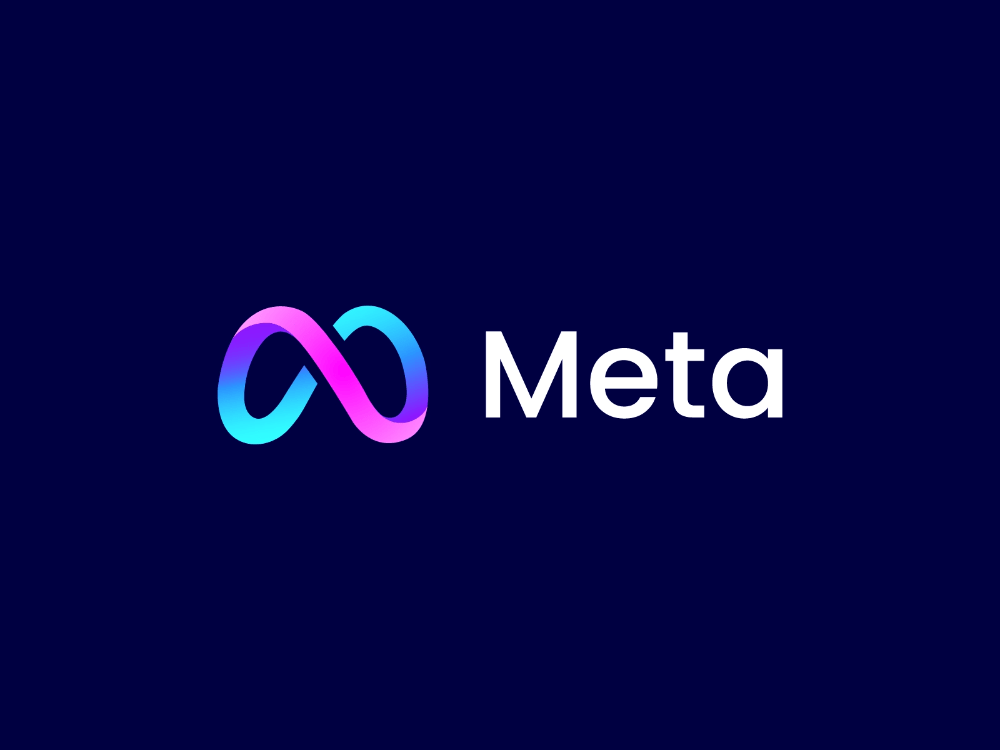US regulator alleges that Meta is not implementing enough parental controls

According to the top US privacy regulator, Meta, the firm that owns Facebook and Instagram, has not implemented sufficient parental controls.
Meta should not be allowed to make money from children’s data, according to the Federal Trade Commission (FTC).
The commission said, “The company’s recklessness has put young users at risk, and Facebook needs to answer for its failures.”
A Meta spokesperson called the FTC’s move a “political stunt” and said it had overstepped its authority. The FTC said an independent probe had revealed “multiple gaps and weaknesses” in Facebook’s privacy program.
It was found that users under the age of 13 were still allowed to chat with contacts who were not vetted by their parents.

In addition, the regulator said Meta continued to open up access to private information despite promising to do so if users didn’t use the apps within 90 days.
The FTC has proposed a series of actions:
(1) There should be a blanket ban on monetizing data about children and teens under the age of 18;
(2) The launch of new products must be paused until they are certified to be in full compliance with privacy laws; and
(3) Using facial recognition technology up to 20 years from now would be subject to limits on future uses. Meta would be required to disclose all future uses of facial recognition technology to the users and to obtain their affirmative consent.
According to Andy Stone, Meta’s spokesperson, the move was merely a “political stunt,” saying that Meta was being singled out “while allowing Chinese companies, like TikTok, to operate without constraint on American soil.” Lina Khan, chair of the FTC, was also accused of antagonizing American businesses.
In 2018, the FTC filed suit after it was revealed that Cambridge Analytica had taken tens of millions of Facebook users’ personal information.
In an attempt to rein in Big Tech’s power, the regulatory body has attempted to rein in some of its powers. However, some companies, including Meta, believe they have been unfairly treated.
Stone said, “Despite three years of continual engagement with the FTC around our agreement, they provided no opportunity to discuss this new, totally unprecedented theory.”
In contrast, the FTC believes Meta has “repeatedly violated its privacy promises” and wants tougher actions taken against the company to protect younger users.
In a statement, which mirrored Stone’s remarks, Meta said it had spent “vast resources building and implementing an industry-leading privacy program. It said, “We will vigorously fight this action and expect to prevail.”






